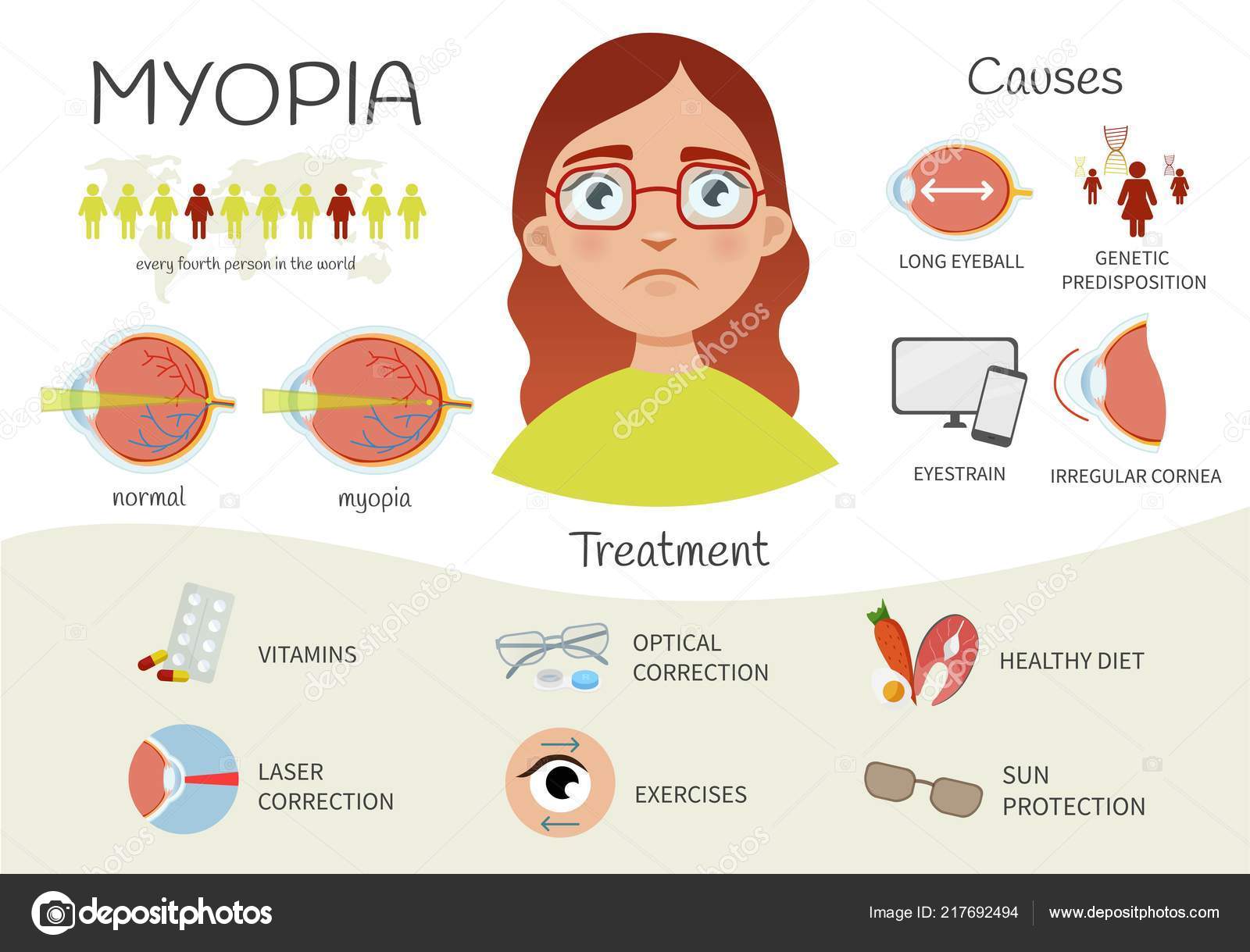A Caregiver'S Overview To Supporting A Loved One With Cataract Surgical Treatment
A Caregiver'S Overview To Supporting A Loved One With Cataract Surgical Treatment
Blog Article
Authored By-Sweet Schneider
As a caregiver supporting a loved one encountering cataract surgical procedure, your role is crucial in ensuring their convenience and healing. From pre-surgery prep work to post-operative care, your visibility and help can make a considerable distinction in their trip. Comprehending the emotional and physical difficulties they might come across, giving practical help, and being their column of assistance are crucial elements in this process. Remember, your role exceeds just providing assistance; it's about being a source of strength and comfort during a significant stage in their life.
Understanding Cataract Surgical Treatment Refine
Exploring the steps associated with cataract surgery can assist relieve any type of stress and anxiety or uncertainty you might have regarding the treatment. Cataract surgical treatment is a common and extremely successful treatment that involves eliminating the cloudy lens in your eye and replacing it with a clear artificial lens.
Prior to cataract surgery eye pain , your eye will certainly be numbed with eye decreases or a shot to guarantee you do not really feel any pain throughout the treatment. The specialist will certainly make a little cut in your eye to access the cataract and break it up using ultrasound waves prior to carefully removing it.
When the cataract is removed, the artificial lens will be inserted in its location. The entire surgical treatment typically takes about 15-30 minutes per eye and is typically done one eye at once.
After the surgery, you might experience some moderate pain or blurred vision, but this is typical and ought to improve as your eye heals.
Readying for Surgical Procedure With Each Other
To guarantee a smooth and worry-free experience, preparing for cataract surgical procedure with each other can make a substantial distinction in your loved one's journey. Start by attending pre-surgery consultations with them. In this manner, you can ask questions, understand the treatment, and provide emotional support.
Help them arrange their pre-operative directions, drugs, and transport to and from the medical facility. See to https://www.dailymail.co.uk/news/article-8999691/Electrician-62-took-life-eye-surgery-left-blurred-vision.html is ready for their recovery by setting up a comfortable room with easy accessibility to crucial products.
Assist them in scheduling post-operative care if needed, such as help with meals or household duties. Urge them to follow the physician's advice pertaining to fasting before surgery and medication procedures.
Comfort them that you'll be there for them every step of the method. By proactively participating in the preparation procedure, you can minimize anxiousness and make sure that your loved one feels sustained and looked after throughout this vital time.
Post-Operative Treatment Tips
After cataract surgery, giving proper post-operative treatment is important for your liked one's recuperation. Guarantee they put on the protective shield over their eye as advised by the physician. Help them carry out recommended eye declines and drugs on schedule to prevent infection and aid recovery.
Urge your loved one to prevent touching or rubbing their eyes, as this can cause complications. Help them in adhering to any type of limitations on flexing, lifting hefty things, or joining laborious tasks to avoid strain on the eyes. Ensure they attend all follow-up visits with the eye physician for monitoring progression.
Keep the eye area tidy and completely dry, preventing water or soap straight in the eyes. Encourage your liked one to put on sunglasses to safeguard their eyes from brilliant light and glow throughout the recovery process. Be patient and supportive as they recuperate, supplying help with everyday tasks as required.
Verdict
In conclusion, sustaining a liked one via cataract surgical procedure entails being there every action of the method, from pre-surgery preparations to post-operative treatment. Your emotional support, useful support, and support can make a considerable difference in their recuperation procedure. By staying educated, arranged, and conscientious to their needs, you can aid ensure an effective outcome and provide them with the convenience and confidence they require during this difficult time.
